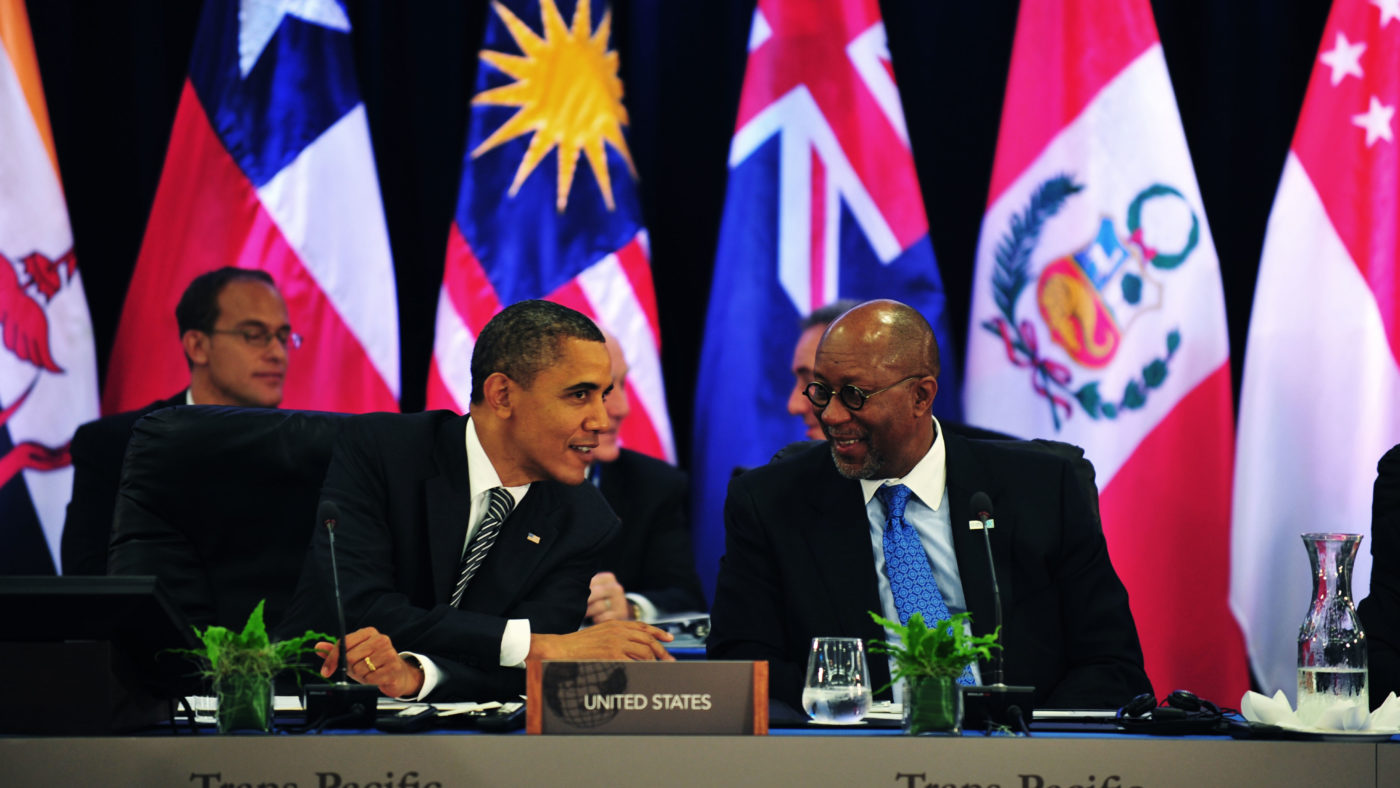When Barack Obama took the stage at a Hillary Clinton rally last week, the Philadelphia crowd erupted into a chorus of “Thank you”, lauding a leader who is as popular as ever among the Democratic faithful.
“Save the thanks,” replied the President. “I’m not finished yet.”
With the 2016 election approaching its final stages, you could be forgiven for assuming that the Oval Office had been vacated, its previous occupant biding his time before sailing off into a David Cameron-style sunset of lucrative speeches and book deals. People care far more about Hillary Clinton’s health and Donald Trump’s tweets than a lame duck president. For that’s all that Obama is now, surely?
True, at home, the president is highly unlikely to achieve much during his final months. With an extremely partisan Congress dominated by the Republican Party, Obama’s hands are tied. On many core domestic issues, such as immigration and gun control, he has resorted to a number of executive actions – but these can be repealed as quickly as they were signed.
Abroad, however, the story is very different.
Lame duck or not, Obama continues as Commander-in-Chief until January 20th. He still faces the quagmire in Syria, where he must be desperately hoping that the new ceasefire brings some stability (although it doesn’t look like there’s much chance of that happening.) There’s the fight against ISIS in both Syria and Iraq. Not to mention his continued efforts to close Guantanamo – a piece of unfinished business which no doubt frustrates the president.
However, Obama’s eyes are mainly set on a much bigger prize.
The struggle to ratify the Trans-Pacific Partnership (TPP) is at the heart of America’s debate over its economic role in the world: a debate which could determine the balance of power and economic growth in the Pacific for a generation. While Obama is prone to vastly overusing the phrase “top priority”, getting the TPP ratified truly warrants it.
If successful, the TPP would be the largest regional trade deal in history, bringing together 12 countries which make up nearly 40% of world GDP. And while journalists hang on Clinton and Trump’s every word, the president has been quietly laying the groundwork for his final push on it later in the year.
Signed in February, the deal needs to be approved by Congress. So Obama is gearing up for the lame duck session, hoping to re-energise his cause and detoxify the free trade debate once the post-election dust has settled.
Make no mistake, the TPP is controversial. Concerns have been raised over the secrecy with which negotiations have been conducted, the role of multinational corporations in formulating it, and worries over currency manipulation.
Both Left and Right are uneasy about the impact on American jobs, while the usual arguments are made about the potentially damaging impact of free trade on developing economies that were previously sheltered from competition.
The presidential campaign has also been disastrous for TPP, with candidates on both sides outspoken against the deal. As Secretary of State, Hillary Clinton played a major part in developing the diplomatic foundation for TPP, calling it a “gold standard in trade agreements”. But she has since U-turned to match Bernie Sanders in campaigning energetically against it.
Even more significant is the shift in view of many Republicans. With their union ties, Democrats are naturally split on free trade. But the GOP has not had a protectionist presidential candidate since the 1930s, when President Hoover’s support of the Smoot-Hawley Tariff helped plunge the world into the Great Depression.
However, Donald Trump has described the TPP as “a horrible deal”, and many in his party have followed suit. Even Ohio senator Rob Portman – formerly a US trade representative – has come out against TPP.
On the other hand, the scale of the potential economic boost from TPP is huge. The Peterson Institute for International Economics has estimated it would provide annual income gains of nearly $500bn to the world by 2030 – more than two thirds of which would flow to America. It would also expand labour regulations such as the minimum wage to parts of the world which have never enjoyed those benefits.
Perhaps even more importantly, the TPP represents a cornerstone of Obama’s “Pacific pivot”. The concern is that, without TPP, China (which is excluded from the treaty) will dictate the economic and increasingly the political agenda: talks over a rival free trade deal focused on Beijing have already begun. Diplomatic experts have warned that the deal’s failure would be a humiliating blow to America’s relationships in the area, especially with Japan.
With both presidential candidates pledged against TPP, time is running out for the deal. Under Trump or Clinton, it would almost certainly be scrapped. The 12 signatory countries upped the pressure on Monday by announcing that renegotiation is not an option following five tense years of discussion.
In spite of Trump, the Republican leadership on Capitol Hill are broadly in favour of TPP – but Paul Ryan has suggested the votes are not there for it. Might Obama be able to swing opinion round?
The phrase “lame duck” is said to originate in 18th-century British finance, when traders who had been bankrupted would waddle, humiliated, out of the stock exchange. If it fails to ratify TPP, it won’t just be Obama who’s a lame duck – it will be the United States as a whole, the ineffectual trader waddling away from a deal.
At a time when his countrymen seem to be abandoning free trade, Obama must fight its corner. In the process, he would secure not just his legacy, but a lasting economic boost for his country. Or he will waddle away from power, thinking of what might have been.


